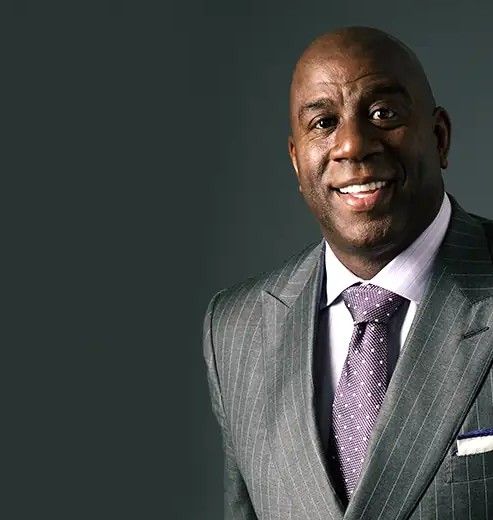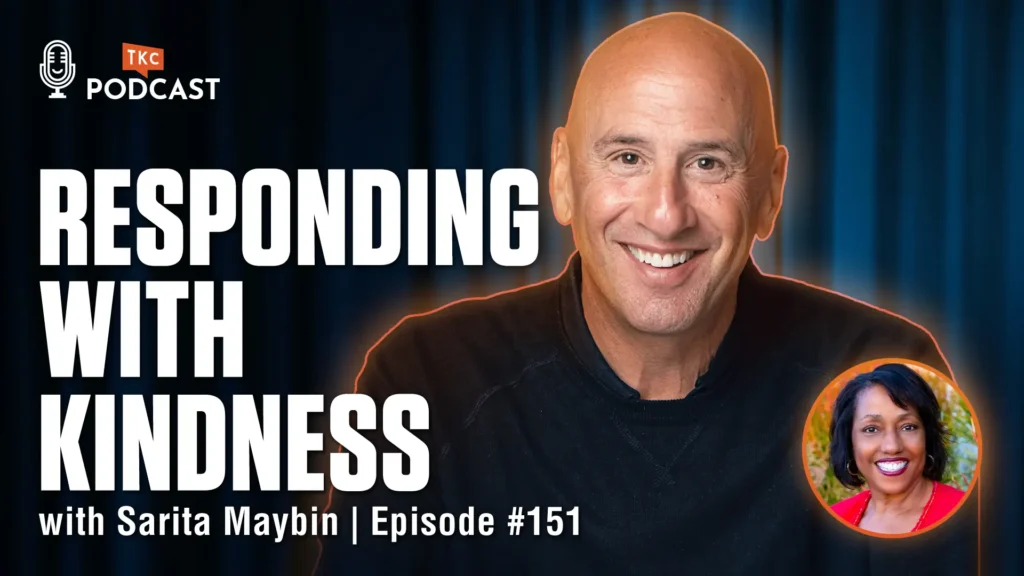Our RosterGet Access to the World’s Most Impactful Speakers
View All SpeakersThe ProcessHow to Access Your Ideal Speaker
-

Schedule a Call
Book a brief consultation to start.
-

Connect
We discuss your event goals deeply.
-

Curate & Match
We handpick the best fits for you.
-

Book Speaker
Contracts handled seamlessly.
-

Wow Audience
Deliver an unforgettable experience.
About The AgencyWe Don't Just "Push" Speakers. We Deliver Impact.

“Our philosophy is simple: Consult. Curate. Deliver. We dive deep into your organization’s needs to find the perfect voice that aligns with your mission.”
- Seth Dechtman, Founder
Let's Find Your Speaker
Fill out the details below and our team will be in touch within 24 hours.
15+
Years of Experience
5k+
Successful Events Booked
150+
Companies Served
MultimediaLatest From Our Studio
View YouTube ChannelConfidence Is the Key to High-Performing Teams
Applying Business Lessons to Your Family Life
What Should Really Matter for Teams During Times of Crisis
Lessons from a Keynote Speaker on How to Debrief Projects
The Two Types of Keynote Speakers Your Event Needs
The Champion Mindset You Need for Success
Effective Ways Dialogue Can Overcome Tribalism
Where Inspiration Really Comes From (It's Easier Than You Think)
Why You Must Have a Clear Mission Statement
ResourcesLatest Insights
Industry trends, booking tips, and agency news.
















